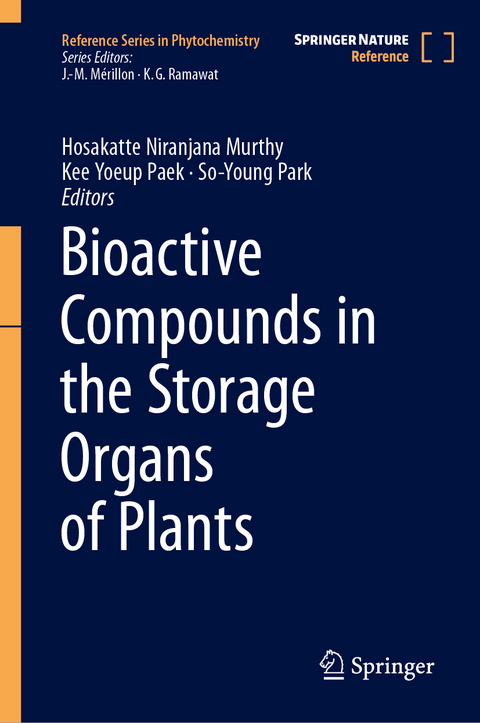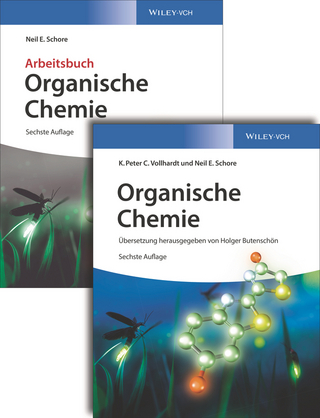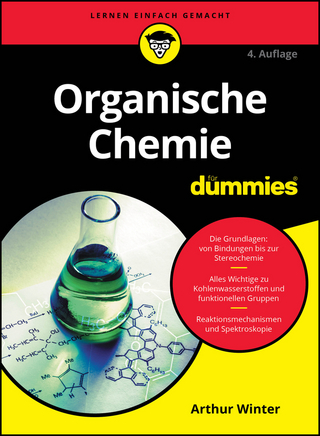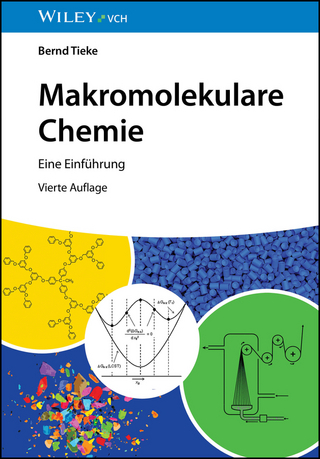
Bioactive Compounds in the Storage Organs of Plants
Springer International Publishing (Verlag)
978-3-031-44745-7 (ISBN)
This book offers a comprehensive and authoritative review of bioactive substances found in plant underground stems, roots, rhizomes, corms, and tubers from all around the world. Tubers and starchy roots are plants that store edible starch content in underground stems, roots, rhizomes, corms, and tubers. They are a key source for both human and animal consumption and are rich in carbohydrates. They are widely used as industrial crops as well. Phytochemicals found in tubers and roots, such as phenolics, terpenoids, and alkaloids, have anti-inflammatory, anti-cancer, hypoglycemic, hypocholesterolemic, and antibacterial properties. Except for common potatoes, sweet potatoes, and cassava, the nutritional and health benefits of many tuberous crops have not yet been adequately investigated. This book sheds new insights into these topics by addressing several plant metabolites found in storage organs, which can be seen as scientifically neglected even though they have a high economic relevance as food and pharmaceutical sources.
Divided into 6 parts, this book discusses how bioactive chemicals found in plant storage organs are synthesized and how their bioactive principles are specifically expressed in underground stems, roots, rhizomes, corms, and tubers. Additionally, each chapter includes background information on the plant, its parts, its nutritional makeup, chemical components, and biological functions. Given its breadth, the book appeals to a wide readership, from scholars through graduate and post-graduate students to professionals in the industry.
lt;p>Hosakatte Niranjana Murthy is a Professor in the Post-Graduate Department of Botany, Karnatak University, Dharwad, India. Since, 1986, Prof. Murthy has served in various positions in the Post-Graduate Department of Botany, Karnatak University, Dharwad, India. Apart from teaching experience in the area of plant biotechnology, Prof. Murthy has post-doctoral and collaborative research experience in many foreign research institutes. He worked at Biotechnology Division, Tata Energy Research Institute, New Delhi, India (1992); Crop Science Department, University of Guelph, Guelph, Canada (1993); Research Centre for the Development of Horticultural Technology, Chungbuk National University, Cheongju, South Korea (2000-2001; 2002, 2004, 2006-2007, 2013-2014); and Department of Biological Sciences, University of Nottingham, Nottingham, United Kingdom (2005-2006) as a post-doctoral fellow/visiting scientist. Prof. Murthy is the recipient of various prestigious fellowships including Biotechnology National Associate and Biotechnology overseas Associate (awarded by Department of Biotechnology, Ministry of Science and Technology, Government of India), Brian Pool Fellowship (awarded by Korean Society of Science and Technology, South Korea), visiting fellowship (awarded by Korean Science and Engineering Foundation, South Korea), Commonwealth Post-doctoral Fellowship (awarded by Korean Association of Commonwealth Universities, UK). He has completed 15+ research projects funded by various agencies and supervised 20 Ph. D. students. Prof. Murthy has published 225 research articles in international peer-reviewed journals with high impact factors. Prof. Murthy has developed biotechnological methods for the production of pharmaceutically important secondary metabolites from cell and organ cultures of ginseng, Siberian ginseng, Echinacea, and St. John's wort using large-scale bioreactors along with South Korean collaborators. His experimental investigations on the use of adventitious root cultures in bioreactor technologies for the production of biomass and secondary metabolites have paved the way for the commercialization of plant-based pharmaceuticals and nutraceuticals.
Kee Yoeup Paek received his Ph.D. degree in 1984 from the Kyungbuk National University, South Korea, and he worked at Chungbuk National University, South Korea, for 40 years as an assistant professor, associate professor, and professor. He has received large funds from various agencies and established the Research Center for the Development of Advanced Horticultural Technology at Chungbuk National University, South Korea, and he was the director of this center till his superannuation. On the research front, he has worked on large-scale production of secondary metabolites from medicinal plant tissue culture and bioreactor culture technology; mass propagation of horticultural plants through bioreactor technology; morphological, physiological, and biochemical responses of in vitro produced plants during acclimatization; and flowering physiology of ornamental plants. Professor Paek was the president of the Korean Orchid Society, Korean Society for Horticultural Sciences, and Korean Plant Biotechnology Society. He has worked at the Institute of Plant Physiology, Russia; Department of Horticulture, Chiba University, Japan; University of Calgary, Canada; and University of California, Riverside, USA. He has published 630 papers, guided 47 Ph.D. students, 38 postdoctoral students, and active member of numerous research projects. He has 10 international patents awarded by Korea, Japan, and the USA. Professor Paek has developed biotechnological methods for the production of pharmaceutically important secondary metabolites from cell and organ cultures of ginseng, Siberian ginseng, Echinacea, and St. John's wort using large scale bioreactors. His experimental investigations on the use of adventitious root cultures and bioreactor technologies for the production of bio
.- Part I: Importance of Corm, Bulb, Rhizome, and Tuber-bearing Plants.
.- Part II: Bioactive Compounds in Corm-bearing Plants.
.- Part III: Bioactive Compounds in Bulb-bearing Plants.
.- Part IV: Bioactive Compounds in Rhizome-bearing Plants.
.- Part V: Bioactive Compounds in Stem-tuber Bearing Plants.
.- Part VI: Bioactive Compounds in Root-tuber Bearing Plants.
| Erscheinungsdatum | 12.04.2024 |
|---|---|
| Reihe/Serie | Reference Series in Phytochemistry |
| Zusatzinfo | XXVI, 1084 p. 160 illus., 100 illus. in color. |
| Verlagsort | Cham |
| Sprache | englisch |
| Maße | 155 x 235 mm |
| Themenwelt | Naturwissenschaften ► Chemie ► Organische Chemie |
| Schlagworte | Bioactive Compounds • Biological Activities • Bulbs • Corms • phytochemical composition • plant metabolites • Plant storage organs • Rhizomes • Tubers |
| ISBN-10 | 3-031-44745-X / 303144745X |
| ISBN-13 | 978-3-031-44745-7 / 9783031447457 |
| Zustand | Neuware |
| Informationen gemäß Produktsicherheitsverordnung (GPSR) | |
| Haben Sie eine Frage zum Produkt? |
aus dem Bereich


